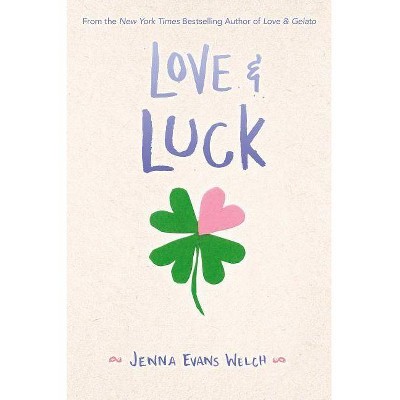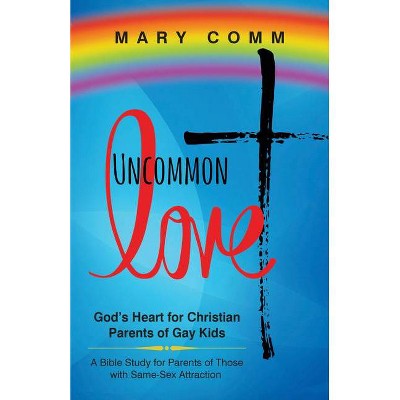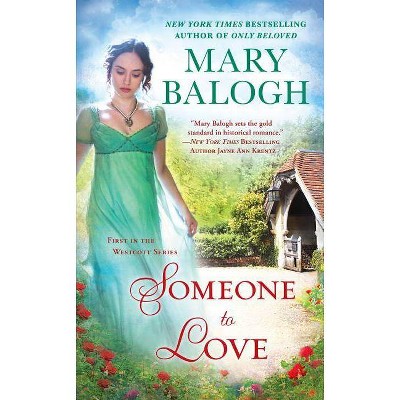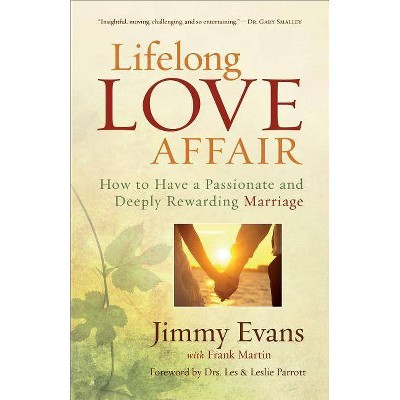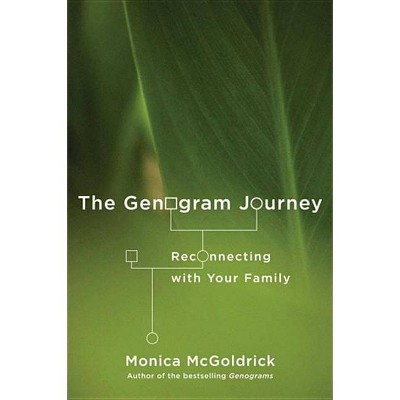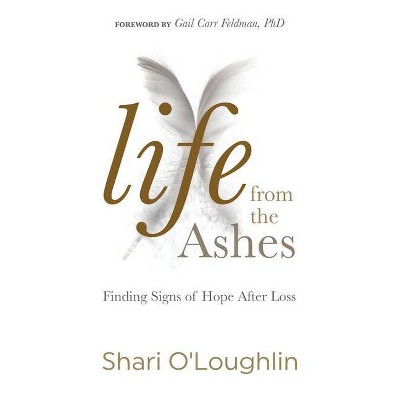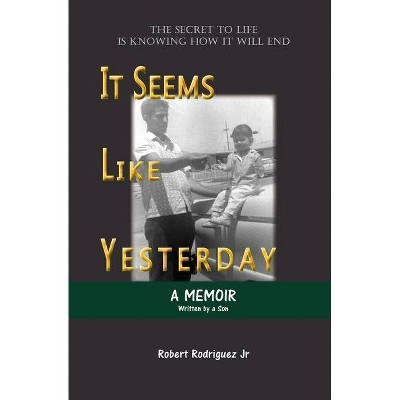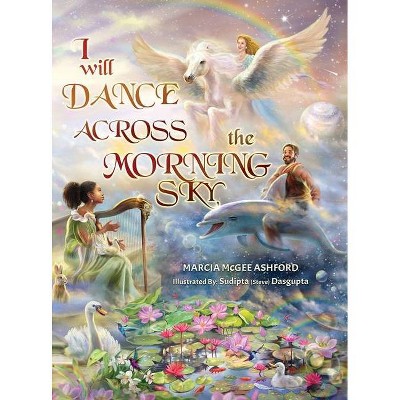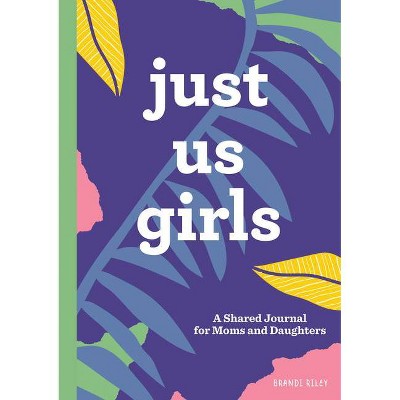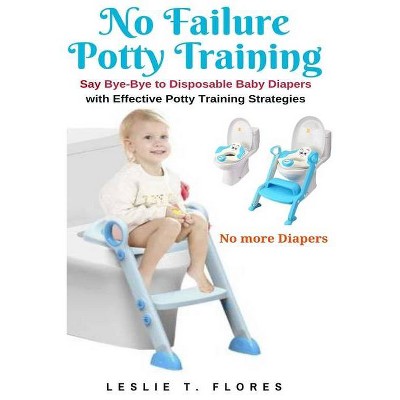Love - by Mary Evans (Paperback)
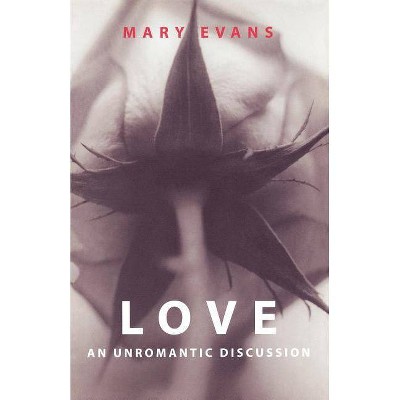
Similar Products
Products of same category from the store
AllProduct info
<p/><br></br><p><b> Book Synopsis </b></p></br></br>Since the end of the eighteenth century, the pursuit of 'true love' has been enshrined in the expectations of Western societies. We regard this pursuit as our right, and organize our lives around it. However, the possibility that love is becoming more difficult to achieve in the West has begun to attract considerable attention. The consensus is that love is both deeply desirable and extremely difficult to find.<br /> <br /> <br /> This highly original book explores two aspects of the nature of the apparently socially essential 'glue' of love. The first theme concerns the sources of our ideas about love: where the concept originated and, most importantly, what its relationship has been to morality and moral systems. The second theme is our determination to find love: whatever the social and personal costs, the desire for identification with another person drives us to impossible expectations and occasionally damaging alternatives.<br /> <br /> <br /> In a compelling critique, this book rejects the high romantic version of love as well as what could be described as a contractual version of love. In their place, it describes a love that depends upon reasoned care and commitment and argues that we should abandon love in its romanticized and commercialized form.<p/><br></br><p><b> From the Back Cover </b></p></br></br>Since the end of the eighteenth century, the pursuit of 'true love' has been enshrined in the expectations of Western societies. We regard this pursuit as our right, and organize our lives around it. However, the possibility that love is becoming more difficult to achieve in the West has begun to attract considerable attention. The consensus is that love is both deeply desirable and extremely difficult to find.<br /> <p>This highly original book explores two aspects of the nature of the apparently socially essential 'glue' of love. The first theme concerns the sources of our ideas about love: where the concept originated and, most importantly, what its relationship has been to morality and moral systems. The second theme is our determination to find love: whatever the social and personal costs, the desire for identification with another person drives us to impossible expectations and occasionally damaging alternatives.<br /> </p> <p>In a compelling critique, this book rejects the high romantic version of love as well as what could be described as a contractual version of love. In their place, it describes a love that depends upon reasoned care and commitment and argues that we should abandon love in its romanticized and commercialized form.</p><p/><br></br><p><b> Review Quotes </b></p></br></br><br>What's happening to love? In this deeply important, and well crafted book, Evans explores the cultural premises underlying our fantasies about it. Over the last two hundred years in the West, she argues, we have personalized and sexualized love, and unhitched it from marriage. But then we have de-eroticized sex, and unwittingly thinned out the cultural soil which might nurture the bonds we so care to preserve. This is not because we're bad people but because we're swimming around in a culture of love we need to radically rethink.<i>Arlie Russell Hochschild, University of California at Berkeley, and author of the forthcoming </i><b>Commercialization of Intimate Life and Other Essays</b><br><p/><br></br><p><b> About the Author </b></p></br></br><b>Mary Evans</b> is at the Centre for Women's Studies, Darwin College, University of Kent.
Price History
Price Archive shows prices from various stores, lets you see history and find the cheapest. There is no actual sale on the website. For all support, inquiry and suggestion messagescommunication@pricearchive.us



